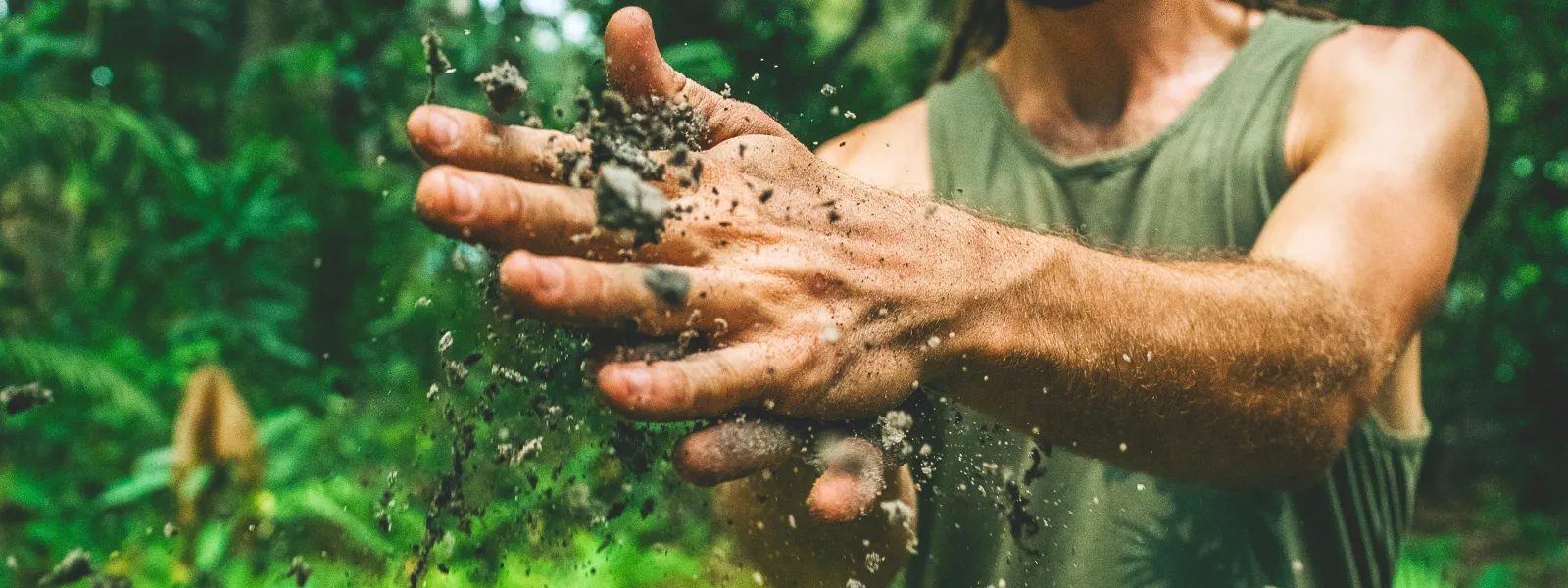
Civil society calls on the Human Rights Council to recognize the right to a #HealthyEnvironment4All
Photo: Eddie Kopp on Unsplash.More than 850 civil society organizations, indigenous peoples’ groups, social movements and local communities are calling on the United Nations Human Rights Council to recognize the universal human right to a safe, clean, healthy and sustainable environment.
The open letter, sent on September 10 and still open online for signatures, comes ahead of the Human Rights Council meeting in Geneva from September 14 to October 6. It argues that people must be protected from the deadly impacts of environmental degradation and climate change - such as the increased spread of diseases like COVID-19.
“In view of the global environmental crisis that currently violates and jeopardizes the human rights of billions of people on our planet, global recognition of this right is a matter of utmost urgency,” the letter states. “As we all know, there are no human rights on a dead planet.”
The right to a safe, clean, healthy and sustainable environment is already covered in constitutions and laws in a substantial majority of countries around the world, as well as regional systems. There is a growing legal system for implementing and applying the right, too.
Now advocates for human rights, indigenous peoples, climate action and social justice are urging the UN Human Rights Council to formalize this recognition and make it universal. In doing so, the Human Rights Council would prompt countries to strengthen policies and legislation to take better care of nature and biodiversity, the letter says. This would lead to cleaner air, greater access to safe drinking water and lower greenhouse gas emissions. It would also provide environmental justice for communities that are exposed to degraded and dangerous environments, such as toxic air or disease.
Deforestation and environmental degradation increase humans’ exposure to zoonotic viruses, like COVID-19, and vector-borne diseases, like malaria and Dengue fever. Scientists warn that the risk of spreading diseases will grow as natural ecosystems continue to break down. New research also suggests that the effects of air pollution on lungs, hearts and general health makes people more susceptible to the worst impacts of COVID-19.
To protect people around the world from future shocks, and build greater resilience to catastrophes like this pandemic, the letter urges states to “recognize, respect, protect and fulfil the human right of all to enjoy a safe, clean, healthy and sustainable environment”.
Press contact
Victor Quintanilla (Mexico), AIDA, [email protected], +5215570522107
